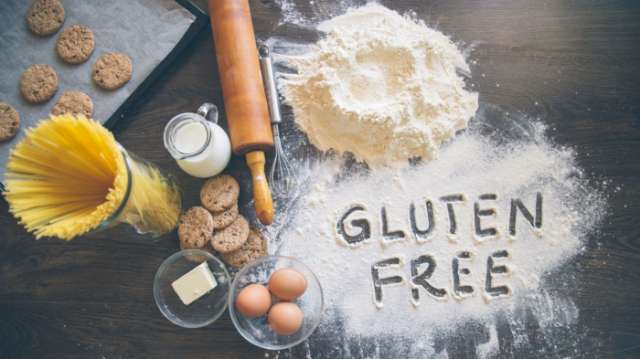It is important for those with coeliac disease - where digested gluten damages the lining of your gut - to maintain a gluten-free diet for health reasons.
Foods they should avoid usually include wheat, barley and rye such as breads, pastas and crackers.
However, for healthy people a gluten-free diet might not be the best option, according to a study, which has found alternative products often contain higher levels of fats than the foods they aim to replace.
Researchers found gluten-free products have a "significantly higher energy content and a different nutritional composition" to those containing gluten.
Many gluten-rich items such as breads, pastas, pizzas and flours also contained up to three times more protein than their gluten-free substitutes.
The imbalances highlighted in the study could impact children's growth and increase the risk of childhood obesity, experts said, as children are more likely to eat products such as cereals and biscuits.
"As more and more people are following a gluten-free diet to effectively manage coeliac disease, it is imperative that foods marketed as substitutes are reformulated to ensure that they truly do have similar nutritional values," said lead researcher Dr Joaquim Calvo Lerma.
"This is especially important for children, as a well-balanced diet is essential to healthy growth and development."
The team assessed about 1,300 products and found:
- Gluten-free breads had significantly higher content of lipids and saturated fatty acids
- Gluten-free pasta had significantly lower content of sugar and protein
- Gluten-free biscuits had significantly lower content of protein and significantly higher content of lipids
Researchers also called for better labelling "where nutritional values of gluten-free products do vary significantly from their gluten-containing counterparts".
Sarah Sleet, chief executive of Coeliac UK, said the findings tied in with the charity's own research showing higher levels of fat in gluten-free fresh breads and lower protein levels in gluten-free products.
She urged manufacturers to continue "striving for more nutritious products".
She added: "On a positive note, sugar is frequently cited as a concern but this research is also in line with UK data on sugar content, showing gluten free foods don't contain any more sugar than conventional equivalent products which will be reassuring for people who need to live gluten free."
More about: #health


























-1745485667.jpg&h=190&w=280&zc=1&q=100)





















